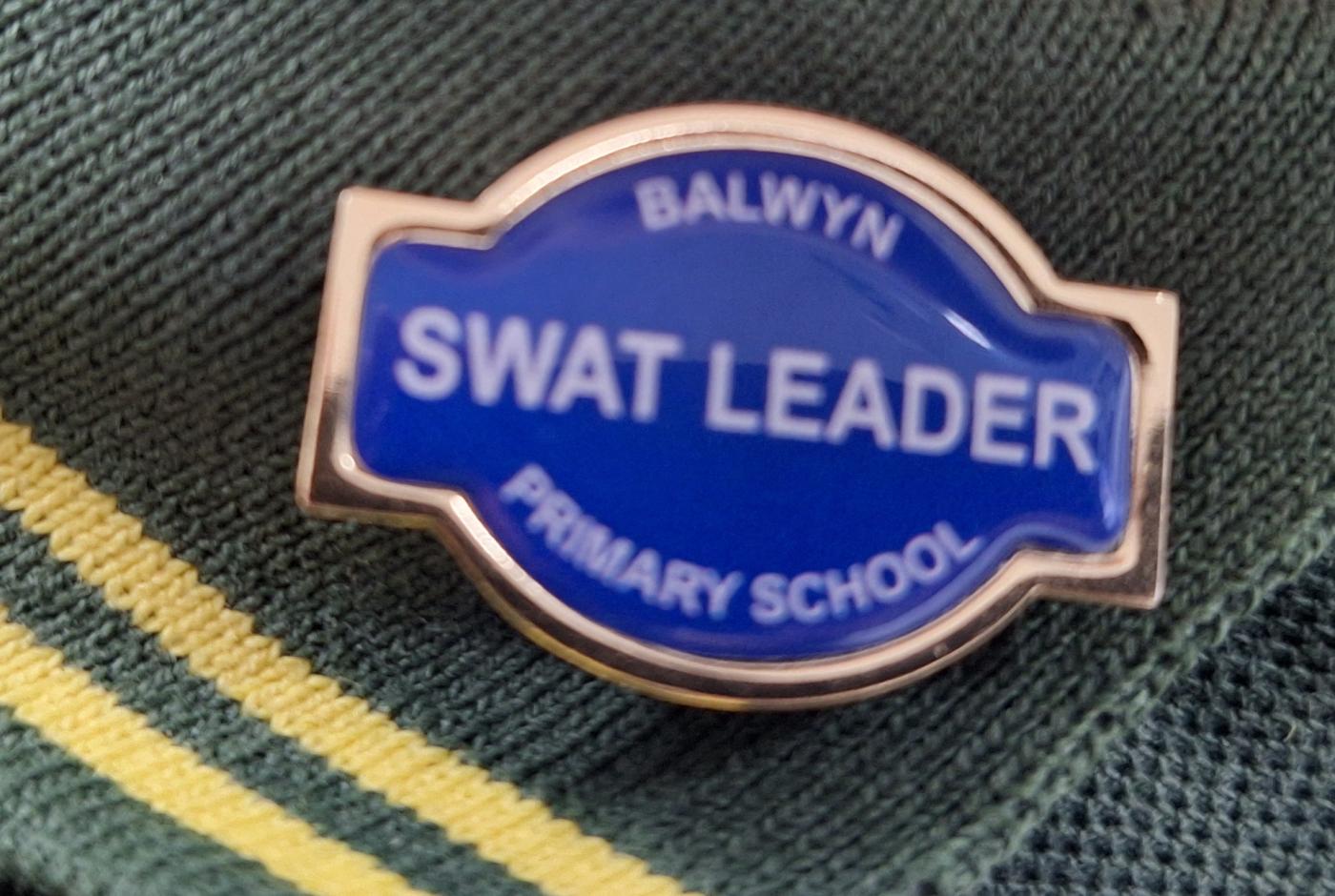Wellbeing
Student Wellbeing
Balwyn Primary School is a learning community that provides a safe, healthy and caring environment for everyone. We promote cooperation, a sense of belonging, mutual respect, self-discipline, achievement and self-worth. We aim to encourage students to be lifelong learners, independent, resilient, responsible and to respect themselves and others. We all share this responsibility. By empowering them with strategies to deal with everyday situations and life experiences, children can succeed in both their school work and in their life pursuits beyond the classroom.
The values that form the basis for all our learning are: Responsibility, Respect, Integrity, Belonging and Empathy.
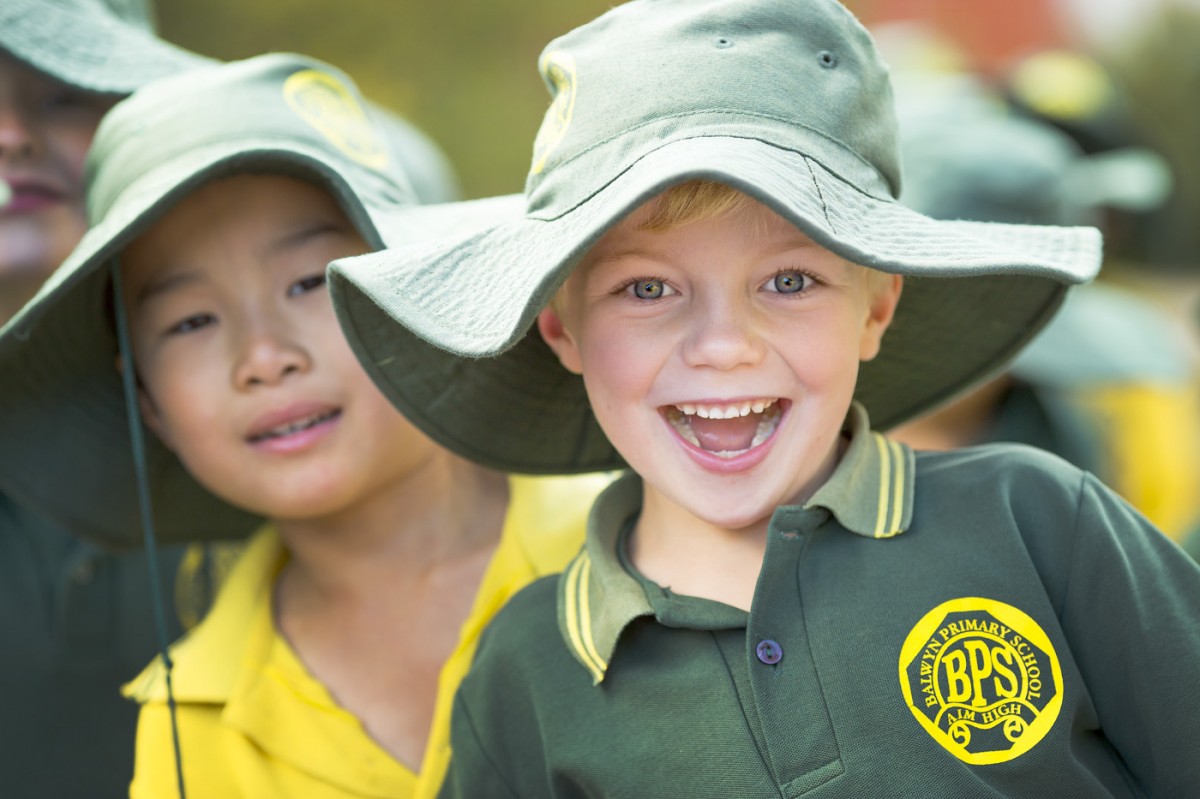
Values at BPS
BPS is a learning community that provides a safe, healthy and caring environment for everyone.
it is expected that we all behave in a way that allows us to learn in a happy and cooperative environment while demonstrating the BPS Values.
The values that form the basis for our learning are:
Responsibility
Respect
Integrity
Belonging
Empathy

Student Code of Conduct
At the commencement of each year, every family is distributed a Code of Conduct document, which outlines the rights and responsibilities of every student at BPS and the behaviours we aspire to demonstrate within this learning community.
The Code of Conduct is a reference for all members of the Balwyn Primary School community. Every class has access to the Code of Conduct book that can be referred to throughout the year when necessary.
The purpose of the book is to reflect the values of how we want others to treat us in our learning and playground environment. The aim is to foster an understanding between home and school expectations regarding student behaviour. It is a useful resource for teachers, learners and parents/families to refer to.
Please see below for the current version of the Code of Conduct:
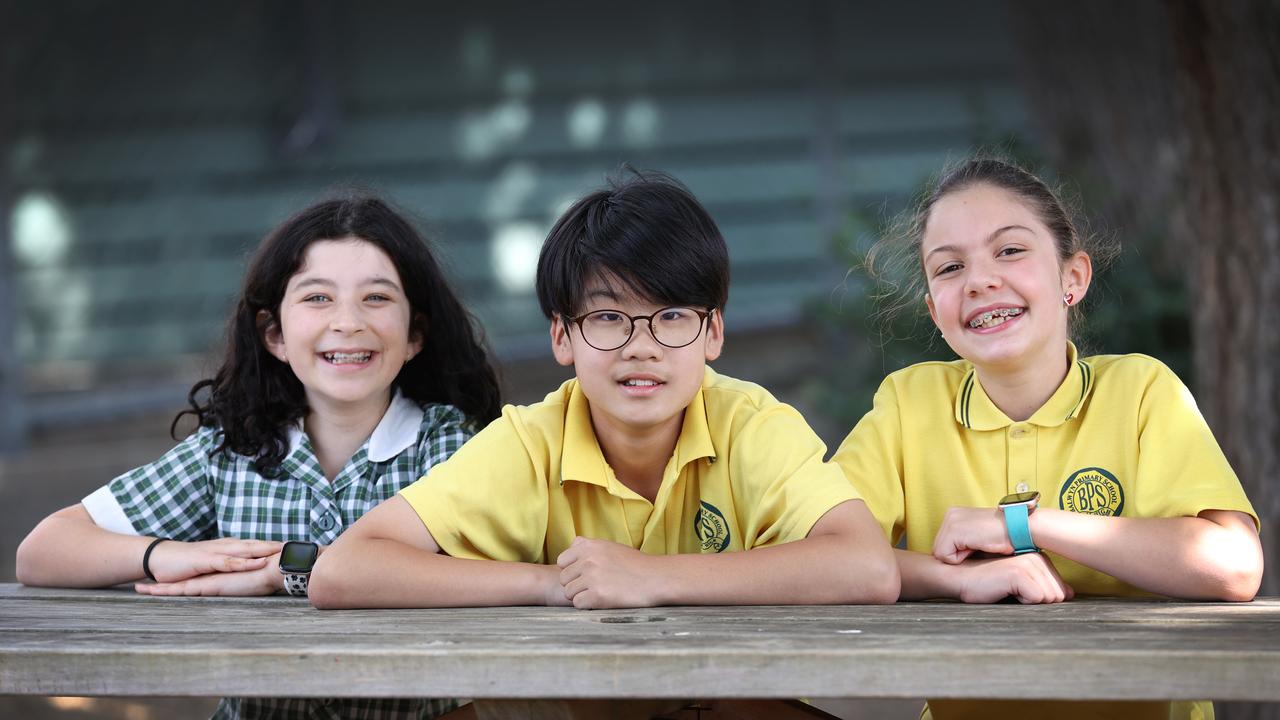
School-Wide Positive Behaviour Supports [SWPBS]
School-Wide Positive Behaviour Supports [SWPBS] is an internationally recognised approach with an extensive evidence base that is shown to improve behavioural, wellbeing, and academic outcomes for children and young people. When SWPBS is implemented well, teachers and students have more time to focus on relationships and classroom instruction.
Students and staff benefit from:
- increased respectful and positive behaviour
- increased time focused on instruction
- improved social-emotional wellbeing
- positive and respectful relationships among students and staff
- create safe, orderly and respectful school-wide environments.
Balwyn Primary School has developed SWPBS specifically and contextually for our learning community, including our school values, behaviour expectations and how we manage student behaviour.
For more information, visit https://www.vic.gov.au/SWPBS
Respectful Relationships
The Respectful Relationships is a government-mandated program that supports schools and early childhood settings to promote and model respect, positive attitudes and behaviours. It teaches our children how to build healthy relationships, resilience and confidence.
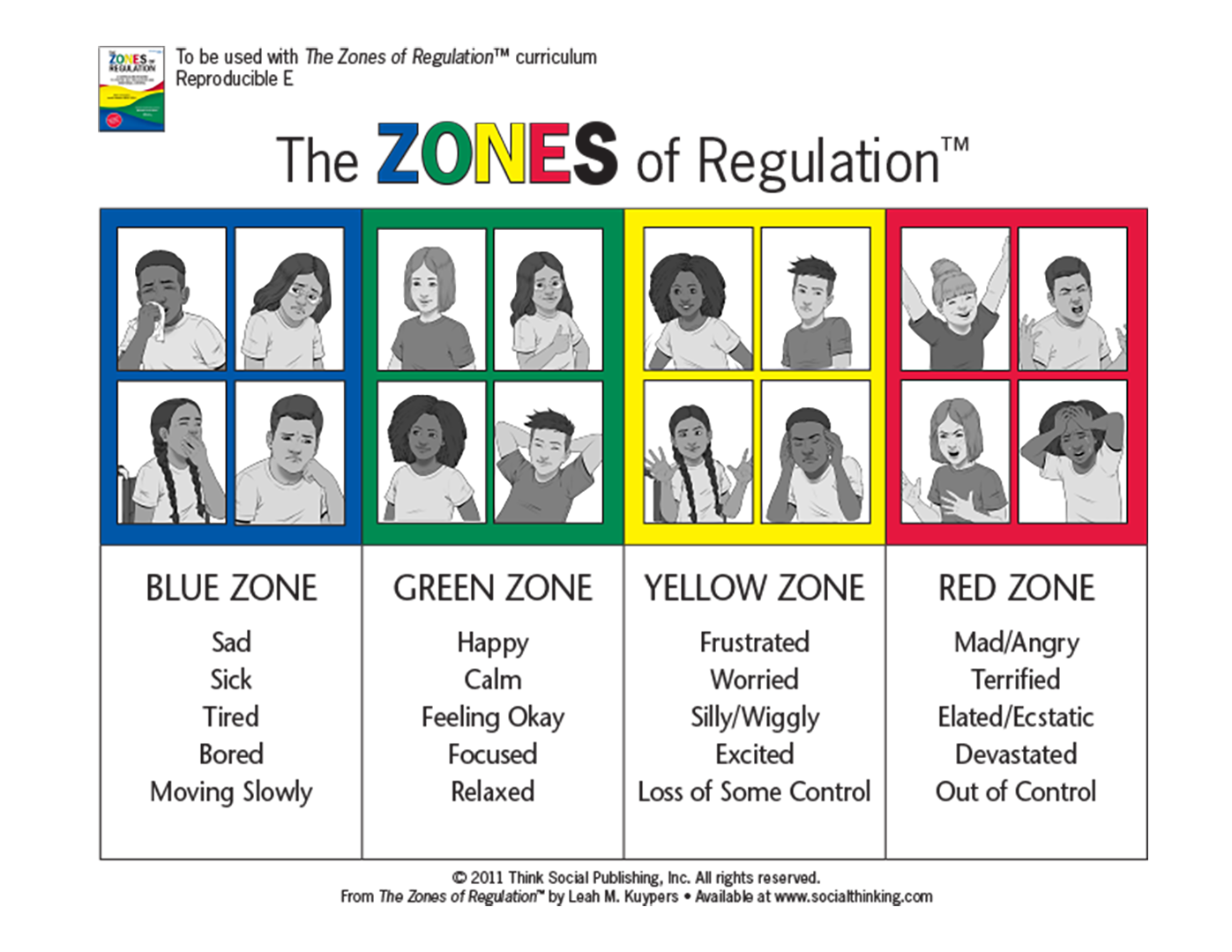
Zones of Regulation
“Feelings are complicated. They come in different sizes, intensities, and levels of energy that are unique within our brains and bodies. To make them easier to talk about, think about, and regulate, The Zones of Regulation organises our feelings, states of alertness, and energy levels into four coloured Zones – Blue, Green, Yellow, and Red. The simple, common language and visual structure of The Zones of Regulation helps make the complex skill of regulation more concrete for learners and those who support them. We learn to regulate our Zones to meet our goals and task demands, as well as support our overall well-being.”
– The Zones of Regulation
Balwyn Primary School utilises the Zones of Regulation content, alongside Respectful Relationships content, to help support our learners to develop self-regulation, help-seeking and emotional intelligence and communication skill.
If you wish to learn more about Zones of Regulation:
https://zonesofregulation.com/how-it-works/
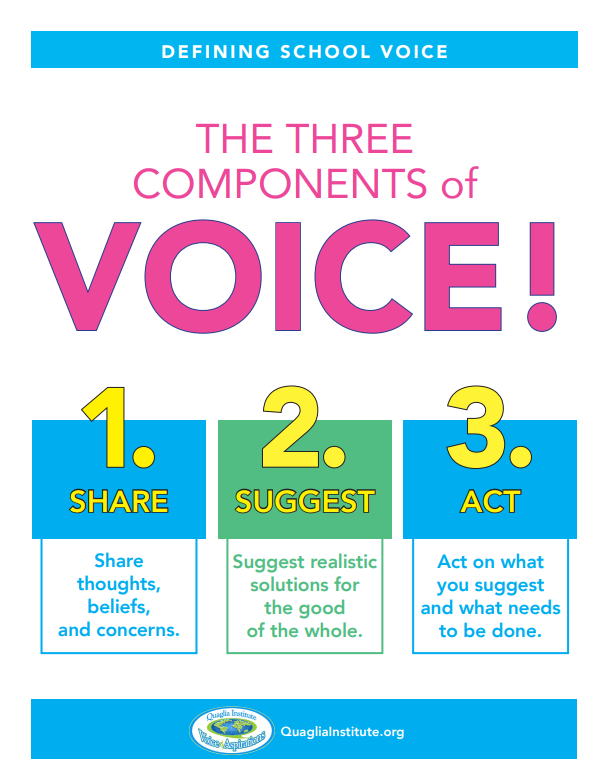
Student Voice at BPS
When students have a voice, they have more meaningful learning experiences.
Voice is sharing thoughts and ideas in an environment underpinned by trust and respect, with realistic solutions for the hood of the whole, and accepting responsibility for not only what is said, but what needs to be done.
There is no question that thoughts and ideas are expressed on a regular basis, but when we talk about genuinely using our voice to make a difference to others, we need to look deeper.
In order to share ideas and suggestions that will impact decision-making, there must be a foundation of mutual trust and respect.
.
Student Leadership
Year 6 Leaders
Our Year 6 Leaders are selected to represent their peers and play a vital role in shaping our school community. These students lead by example, demonstrating responsibility, teamwork, and initiative as they take on a range of important roles.
Throughout the year, our leaders:
•Implement Positive Change – Identify areas for improvement and work with staff and peers to introduce initiatives such as sustainability programs, well-being projects, and fundraising events.
•Support Younger Students – Act as buddies and mentors, helping younger students navigate school life, resolve minor issues, and foster a sense of belonging.
•Assist Teachers and Staff – Help with daily tasks, set up for assemblies, organise equipment, and support special events.
•Promote School Values and Culture – Lead by example, upholding and encouraging others to follow our BPS values of respect, responsibility, belonging, empathy, and integrity.
At Balwyn Primary School, we are proud to offer leadership opportunities for our Year 6 students across a range of areas, including Art, ICT, Library, LOTE, Music, Principal Advisory Leaders (PAL), Sport, Student Wellbeing Action Team (SWAT), and Sustainability.
Junior School Council
The Junior School Council (JSC) at Balwyn Primary School plays a vital role in fostering student leadership, school pride, and community engagement. Comprised of student representatives from across the school, the JSC provides a platform for young leaders to develop essential skills such as teamwork, communication, and decision-making.
A key focus of the JSC is to support local, national, and global charities through fundraising initiatives and awareness campaigns. Students work together to plan and lead events that contribute to important causes, reinforcing the values of empathy, responsibility, and active citizenship.
Student Voice is at the heart of the JSC, ensuring that all students have an opportunity to share their ideas and influence positive change within the school community. Through discussions and feedback sessions, JSC representatives advocate for their peers and help shape school initiatives that reflect student interests and needs.
By participating in the Junior School Council, students develop confidence, leadership skills, and a strong sense of belonging, making meaningful contributions to their school and the wider community.
In 2025, Sarah Robson, Rachel Rhodes and Duncan Wise will support the Junior School Council.
